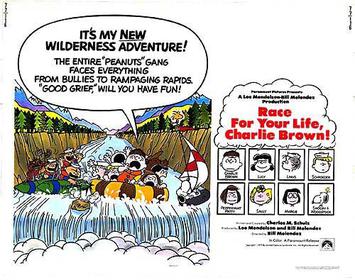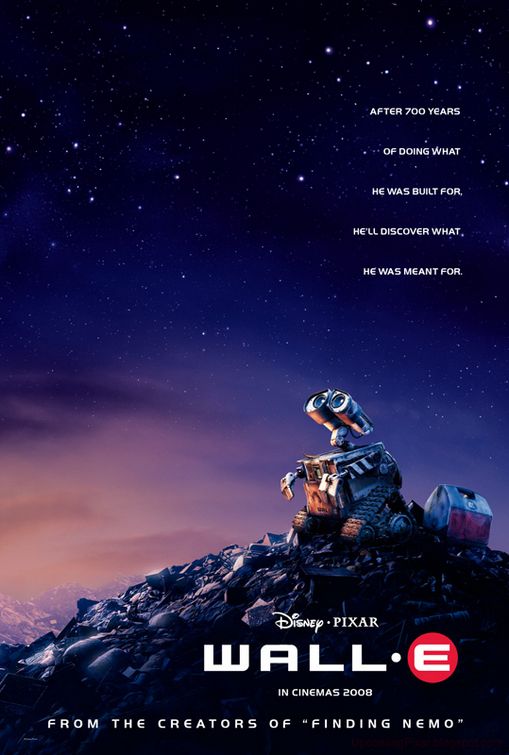 By a stroke of dumb luck, our last stop before returning home from our vacation to North Carolina was Lexington, Virginia--the final resting place of both Robert E. Lee and Thomas "Stonewall" Jackson. Civil War buff that I am, I visited both graves and paid my respects to the fallen Confederate chieftains. Unfortunately, old Bobby Lee is entombed in a large brick chapel that is only open at certain times during the day. What is more, the neo-Rebs who care for his earthly remains forbid any unauthorized photography his sarcophagus. Such is life.
By a stroke of dumb luck, our last stop before returning home from our vacation to North Carolina was Lexington, Virginia--the final resting place of both Robert E. Lee and Thomas "Stonewall" Jackson. Civil War buff that I am, I visited both graves and paid my respects to the fallen Confederate chieftains. Unfortunately, old Bobby Lee is entombed in a large brick chapel that is only open at certain times during the day. What is more, the neo-Rebs who care for his earthly remains forbid any unauthorized photography his sarcophagus. Such is life.Jackson's grave is much more visitor friendly. It is the centerpiece of an old memorial cemetery named after the general. According to a small sign at its entrance, the cemetery remains open from "dawn to dusk." My dad and I paid our visit shortly after dawn...and, sure enough, it was open.
 Stonewall's final resting place is as much a shrine to the South's glory days as it is a grave. Towering over the tombstones of Stonewall and various other Jacksons is a massive pedestal topped by a stalwart statue. At the base of the monument, modern admirers have left rebel flags as a tribute.
Stonewall's final resting place is as much a shrine to the South's glory days as it is a grave. Towering over the tombstones of Stonewall and various other Jacksons is a massive pedestal topped by a stalwart statue. At the base of the monument, modern admirers have left rebel flags as a tribute.While I am, to a certain extent, an admirer of Stonewall Jackson, I could not help but think that the massive monument was more a nostalgic memorial to the so-called "Lost Cause" than to Jackson, himself. No monument great or small makes the man or his legacy. Stonewall's life--the good and bad of it--is the only monument that really matters in the long run.
Funny story, though: the spirit of Stonewall--or the ghosts of the Confederate dead lurking in this cemetery--must have sensed my cynicism. While stepping off of the Stonewall monument, I snagged my big toe on something and received a sizable wound. Another instance of a Southerner drawing Northern blood? Perhaps.



